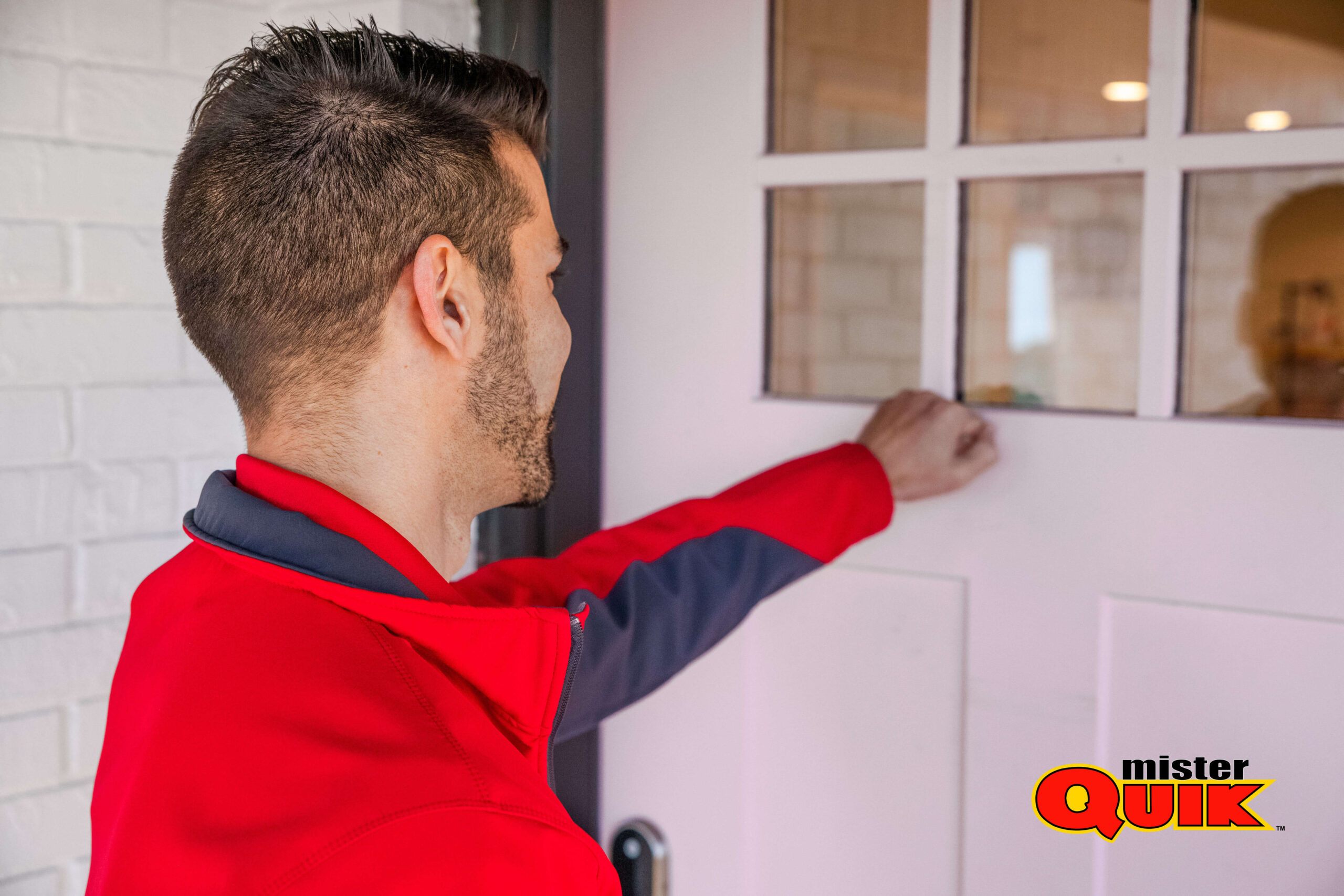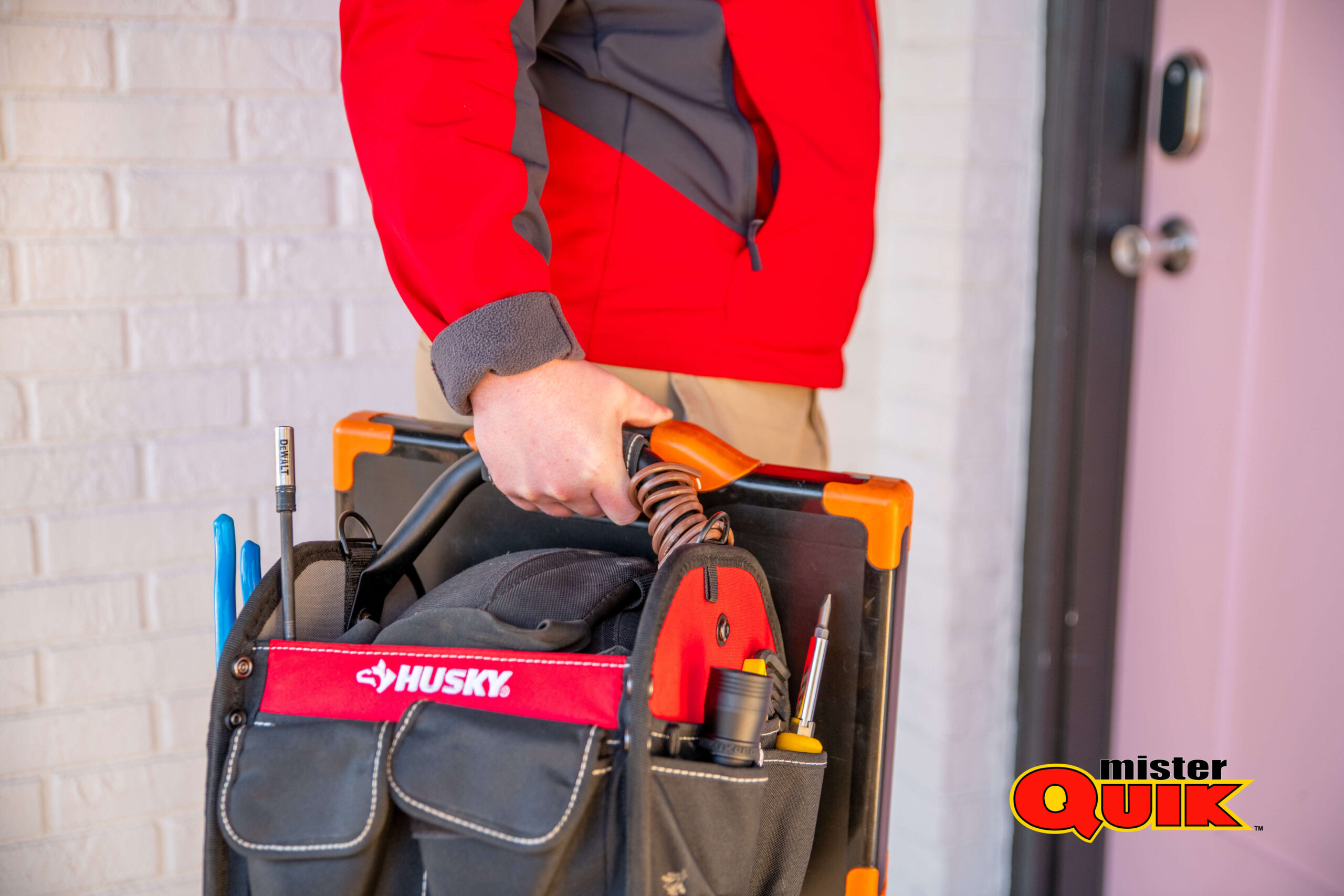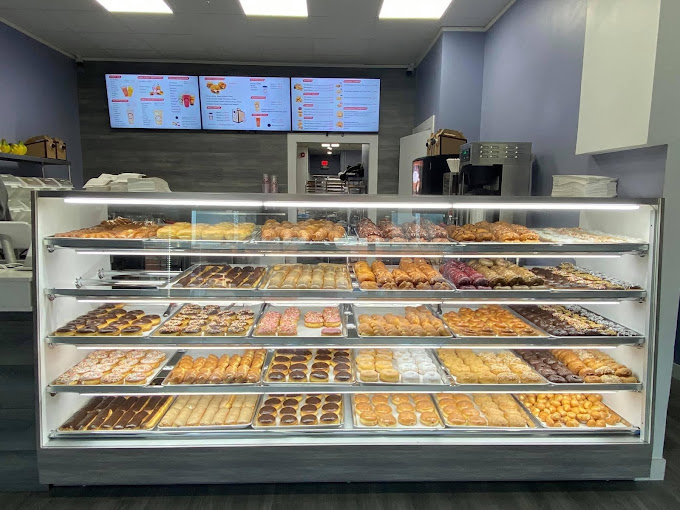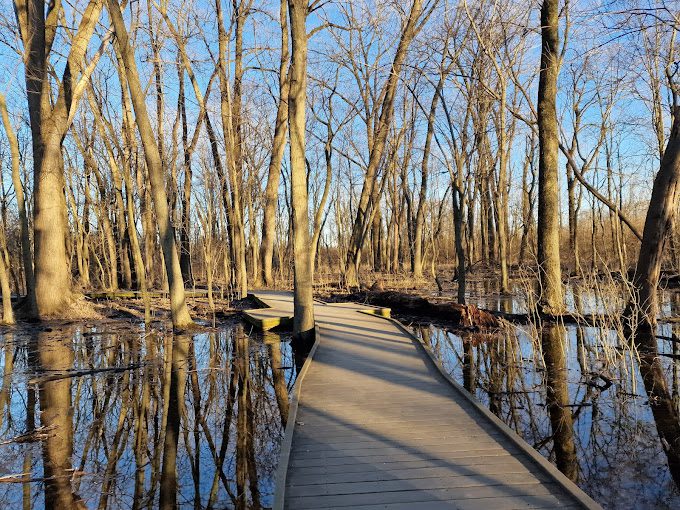Best hepa filter fishers Indiana
Schedule on your own without making a call. Click the button below to get started!

Hepa filters contractors in Fishers Indiana
When choosing a contractor for HEPA filter installation or replacement, here are some key factors to consider:
HEPA Filter Expertise:
HEPA Filter Knowledge: Ensure the contractor demonstrates a good understanding of HEPA filters, including their benefits, limitations, and different types available (e.g., standalone air purifiers, whole-home HVAC system filters).
Selection Guidance: They should be able to guide you on selecting the right HEPA filter based on your specific needs (e.g., air quality concerns, room size, compatibility with your HVAC system).
Installation Experience: Inquire about their experience installing HEPA filters, whether in standalone air purifiers or within HVAC systems. A skilled contractor will ensure proper installation for optimal performance.
Quality and Certification:
HEPA Certification: Look for contractors who use HEPA filters certified by reputable organizations like the Department of Energy (DOE) or the California Air Resources Board (CARB). This ensures the filters meet the industry standard for capturing at least 99.97% of particles 0.3 microns in size.
Filter Brand Reputation: Ask about the brands of HEPA filters they typically use and
research their reputation for quality and performance.
Service and Support:
Compatibility Check: The contractor should verify compatibility between the chosen HEPA filter and your existing HVAC system (if applicable) to avoid installation issues or performance problems.
Safety Measures: Inquire about safety protocols they follow during installation, especially if working within your HVAC system.
Warranty and Guarantees: Ask about any warranties offered on the HEPA filter itself and the installation service. This provides peace of mind and ensures quality workmanship.
Additional Considerations:
Cost Transparency: Obtain clear quotes outlining the cost of the HEPA filter, installation labor, and any additional fees.
Customer Reviews: Read online reviews or ask for references to get a sense of the contractor’s customer service, professionalism, and quality of work.
Licensing and Insurance: Ensure the contractor has a valid HVAC license in your state and proper insurance coverage.
By prioritizing these factors, you can choose a qualified HEPA filter contractor who can provide expert advice, ensure proper installation, and guarantee a solution that meets your specific indoor air quality needs.
Hepa air filter near me
Here are some compelling reasons why you might consider getting a HEPA air filter:
Reduced Allergens: HEPA filters are highly effective at capturing airborne allergens like pollen, dust mite debris, pet dander, and mold spores. This can significantly improve air quality and alleviate allergy and asthma symptoms. Reduced Dust and Particles: HEPA filters trap microscopic particles like dust, smoke, and even some bacteria and viruses, leading to a cleaner and healthier breathing environment. Odor Control: HEPA filters can help reduce unpleasant household odors from cooking, pets, or cleaning products.
Respiratory Relief: By reducing allergens and irritants in the air, HEPA filters can provide relief for those suffering from allergies, asthma, and other respiratory conditions. Improved Sleep: Cleaner air can promote better sleep quality by reducing congestion and allergy symptoms that might disrupt sleep. Overall Well-being: Breathing cleaner air can contribute to a general sense of well-being and potentially reduce headaches and eye irritation.
Energy Efficiency: HEPA filters, especially those designed for HVAC systems, can help improve system efficiency by reducing dust buildup within the unit. Protects Electronics: HEPA filters can help prevent dust buildup on electronics and appliances, potentially extending their lifespan. Low Maintenance: HEPA filters typically require minimal maintenance, usually just periodic replacement depending on usage and the manufacturer's recommendations.
HEPA Filters Don't Eliminate Everything: While highly effective, HEPA filters don't capture all airborne contaminants like gases or volatile organic compounds (VOCs). Placement Matters: For optimal air filtration, consider the placement of standalone HEPA air purifiers within a room. Consult a Doctor: If you have severe allergies or respiratory issues, consult a doctor to discuss if a HEPA air filter is right for you and your specific needs.
Overall, HEPA air filters offer a powerful solution for improving indoor air quality, potentially leading to various health benefits and a more comfortable living environment.
The average lifespan of a HEPA filter depends on factors such as usage, air quality, and the specific air purifier. Generally, HEPA filters can last between 6 months to 1 year before requiring replacement. Regular maintenance, including vacuuming or washing pre-filters and following the manufacturer’s guidelines, can extend the filter’s lifespan. However, replacing HEPA filters at recommended intervals is crucial for maintaining optimal air purifier performance and ensuring effective removal of airborne particles to uphold indoor air quality.
HEPA air filters are often considered worth the investment, especially for individuals with allergies, asthma, or those aiming to enhance overall indoor air quality. HEPA filters efficiently capture small particles, including allergens, dust, and pollutants, providing a higher level of air purification compared to standard filters. While they may have a higher upfront cost, the benefits of reduced airborne particles, improved respiratory health, and enhanced overall comfort make HEPA air filters worthwhile for those prioritizing cleaner air in their living spaces. Regular filter replacement and proper maintenance are essential to ensure the ongoing effectiveness of HEPA air filters.
In general, HEPA filters are not washable. Washing a HEPA filter can damage its delicate fibers and compromise its filtration efficiency. The structure of HEPA filters is designed to capture tiny particles, and washing can distort the fibers, rendering the filter less effective. Instead of washing, it is recommended to follow the manufacturer’s guidelines for maintenance, which may include vacuuming the filter or replacing it at regular intervals. Proper care and adherence to maintenance instructions are crucial to ensure the longevity and efficiency of HEPA filters in capturing airborne particles and maintaining high indoor air quality.
While HEPA filters are highly effective in capturing and removing a wide range of airborne particles, they may not be as efficient in removing certain gases, odors, and very fine particles like viruses. HEPA filters primarily target particles of a specific size range, typically larger than 0.3 microns, and may not capture gases or odors. To address these additional concerns, some air purifiers use activated carbon filters or other specialized filtration technologies in conjunction with HEPA filters. It’s important to note that HEPA filters excel at removing particulate matter but may not provide comprehensive solutions for all indoor air quality issues.
You can determine if a HEPA filter needs replacing by observing several indicators. Reduced airflow from the air purifier, an increase in dust or allergens in the indoor environment, or a noticeable decline in the air purifier’s performance may suggest a clogged or saturated HEPA filter. Additionally, some air purifiers have indicator lights that signal when it’s time to replace the filter based on usage or elapsed time. Regularly checking and following the manufacturer’s recommendations for filter replacement intervals are crucial. If the filter appears damaged or permanently discolored, it is advisable to replace it, as a compromised filter may not effectively capture airborne particles, potentially impacting indoor air quality and the air purifier’s efficiency.
Hepa filters near me
HEPA filter installation can vary depending on whether it’s for a standalone air purifier or an HVAC system. Here’s a general guide for both scenarios:


Standalone HEPA Air Purifier Installation:
Preparation:
- Read the manufacturer’s instructions carefully, as specific steps might differ between brands and models.
- Locate a suitable placement for the air purifier. It should be on a flat surface, away from walls and furniture for optimal airflow. Avoid placing it near heat sources or vents.
- Plug the air purifier into a grounded outlet.
Filter Installation:
- Most standalone air purifiers have a designated compartment at the front, back, or bottom for the HEPA filter.
- Open the compartment following the manufacturer’s instructions.
- Remove any packaging materials from the new HEPA filter.
- Gently place the HEPA filter into the designated compartment, ensuring it’s properly seated and aligned according to the markings.
- Close the compartment securely.
Operation:
- Consult the manual for specific settings and functionalities.
- Typically, you can turn on the air purifier and adjust the fan speed according to your preference.
- Some air purifiers might have indicator lights to notify you when the filter needs replacement.
HEPA Filter Replacement for HVAC System (Professional recommended):
Safety First: Turn off your HVAC system completely before attempting to replace the filter.
Locate the Filter: HEPA filters for HVAC systems are typically located within the air handler unit. This might be in your basement, attic, closet, or garage, depending on your system’s configuration. Consult your HVAC system manual for its location.
Access the Filter: You might need to remove screws or panels to access the filter compartment. Refer to your system’s manual for specific instructions.
Filter Removal: Carefully remove the old HEPA filter, avoiding contact with the filter media as much as possible to prevent dust or debris from entering your system.
New Filter Installation: Unwrap the new HEPA filter and ensure it’s compatible with your HVAC system’s size and model.
By following these guidelines and prioritizing safety, you can effectively install HEPA filters in standalone air purifiers or replace them within your HVAC system (with professional help when needed). This will ensure you reap the air quality benefits these filters offer. Remember, consulting your air purifier or HVAC system’s manual is always recommended for specific installation instructions.
Hepa filters
HEPA filters themselves can be categorized by two main aspects: their efficiency rating and their construction style.
According to the U.S. Department of Energy (DOE), a true HEPA filter must be able to capture at least 99.97% of airborne particles down to a size of 0.3 microns. This size range is particularly challenging to capture because it includes many common allergens and irritants like dust mite debris, mold spores, and some bacteria. Here's a breakdown of HEPA filter efficiency ratings: True HEPA Filter: Meets the DOE standard of capturing at least 99.97% of 0.3-micron particles. This is the most common type of HEPA filter available for residential applications. ULPA (Ultra Low Penetration Air) Filter: Even more effective than HEPA filters, ULPA filters can capture at least 99.999% of airborne particles down to 0.1 microns. These are typically used in critical environments like cleanrooms or hospital operating rooms.


HEPA filters come in various designs, but they all share the core principle of using a fine mesh to trap particles. Here are some common HEPA filter construction styles: Pleated HEPA Filters: The most common type, pleated filters have a pleated paper or synthetic fabric design that maximizes the surface area for capturing particles. They are typically used in standalone air purifiers and some HVAC system filters. True HEPA Cartridge Filters: These cylindrical filters are often made of fiberglass or synthetic mesh and are commonly used as replacement filters for air purifiers. Washable HEPA Filters: A less common type, some HEPA filters might be washable depending on the manufacturer's instructions. These are typically made of synthetic materials that can be rinsed and reused a certain number of times. However, always double-check the care instructions as improper cleaning can damage the filter and reduce its effectiveness. HEPA Drum Filters: These large, cylindrical filters are used in industrial settings or commercial air handling units.
When selecting a HEPA filter, consider these factors: Application: Standalone air purifiers typically use pleated or cartridge HEPA filters, while HVAC systems might use pleated filters or specific models designed for your unit. Efficiency Rating: True HEPA is sufficient for most residential needs. ULPA filters might be overkill for most homes but could be beneficial for those with severe allergies or compromised immune systems. Replacement Costs: True HEPA filters are generally affordable, but ULPA filters can be more expensive. Maintenance: Consider washable options if frequent cleaning is a priority, but prioritize certified HEPA filters over the convenience of washing if unsure.
By understanding these types of HEPA filters, you can make an informed decision on which one best suits your needs and budget for improved indoor air quality.
Hepa filters for home
The “best” type of HEPA filter for your home depends on several factors, but here’s a breakdown to help you choose:
HEPA Efficiency Rating:
For most homes, a True HEPA filter is perfectly adequate. It captures at least 99.97% of airborne particles as small as 0.3 microns, which tackles common allergens and irritants like dust mite debris, mold spores, and some bacteria.
HEPA Filter Style:
Pleated HEPA Filters: These are the most common and versatile option for homes. They come in various sizes to fit most standalone air purifiers and some HVAC systems. Their pleated design maximizes surface area for efficient air filtration.
True HEPA Cartridge Filters: Another excellent choice for standalone air purifiers, these cylindrical filters are easy to replace and offer good performance.
Here’s a buying guide based on your needs:
Basic Allergy and Dust Control: A pleated True HEPA filter in a standalone air purifier is a great choice for most homes. Consider the room size and choose an air purifier with a HEPA filter sized accordingly.
Severe Allergies or Enhanced Air Quality Concerns: If you have severe allergies or want maximum filtration, you might consider a True HEPA filter with a washable option (if available and following manufacturer instructions carefully). However, prioritize certified HEPA filters over the convenience of washing if unsure.
HVAC System HEPA Filter: Consult your HVAC system’s manual to find the compatible True HEPA filter replacement. It’s generally recommended to involve a qualified technician for installation within your HVAC system.
Additional factors to consider:
Replacement Costs: True HEPA filters are generally affordable, but replacement intervals vary depending on usage and air quality. Consider the ongoing cost of replacements when choosing a filter.
Maintenance: Most HEPA filters require periodic replacement, and some might offer washable options. Choose based on your preference and prioritize certified performance over the ease of washing.
Here are some things to avoid:
HEPA-like filters: These might not meet the same strict standards as True HEPA filters and may have lower efficiency ratings.
Oversized air purifiers: While bigger might seem better, an oversized air purifier can be noisy and inefficient in a typical home environment. Choose a purifier sized for the room where you’ll use it most.
By considering these factors and your specific needs, you can select the best type of HEPA filter to improve your home’s indoor air quality and create a healthier breathing environment.
Hepa filters cost
The cost of HEPA filters can vary depending on several factors:
True HEPA Filter: This is the most common type for homes. ULPA Filter: Less common for homes but more expensive, due to their higher efficiency.
Pleated HEPA Filters: Generally the most affordable option within the True HEPA category. True HEPA Cartridge Filters: Similar price range to pleated filters. Washable HEPA Filters: This might cost slightly more due to the washable feature, but be sure certified performance is prioritized over this convenience.
Standalone Air Purifier HEPA Filter Replacements: True HEPA (Pleated or Cartridge): $75 - $300 (depending on size and brand) True HEPA (Washable option, if available): $200 - $300 (depending on size and brand) Whole-Home HVAC System HEPA Filter Replacements: True HEPA: $200 - $300+ (depending on size and compatibility with your system)
Replacement Schedule: HEPA filters typically need replacing every 6-12 months, depending on usage and air quality. Factor in the ongoing cost of replacements when budgeting for a HEPA filter. Standalone Air Purifier Cost: The air purifier itself also has an upfront cost, depending on size, features, and brand.
Look for Sales and Coupons: Many retailers offer discounts on HEPA filters throughout the year. Consider Generic Brands: Generic True HEPA filters can be a cost-effective option as long as they are certified to meet HEPA standards. Buy in Bulk (if applicable): If you use multiple HEPA filters in your home, buying in bulk from a reputable online retailer might offer some savings.
By understanding these factors and considering your needs, you can make an informed decision on the most cost-effective HEPA filter solution for your home’s air quality improvement.
Refer to your Mister Quik recommendations or the manufacturer’s instructions for the recommended replacement schedule for your specific HEPA filter model. HEPA filters typically need replacing every 6-12 months, depending on usage and air quality.
Turn off your HVAC system and locate the HEPA filter. Carefully remove it and inspect its surface for visible dirt, dust buildup, or any signs of damage.
Some HEPA filters might be washable depending on the manufacturer’s instructions. Never wash a HEPA filter unless the manufacturer specifically states it’s washable. If it is washable, follow the cleaning instructions carefully to avoid damaging the filter media.
If the filter is clogged, damaged, or past its recommended lifespan, replace it with a new, compatible HEPA filter.
- Schedule Regular Maintenance: Regular HVAC maintenance, which might include filter inspection and replacement, can help prevent issues with your HEPA filter and ensure optimal system performance.
- Consider Air Quality: If you live in a dusty environment or have pets, you might need to replace your HEPA filter more frequently than the recommended schedule.
- Mister Quik Support: Contact Mister Quik customer service if you have any questions or require further assistance with your HEPA filter or HVAC system.









